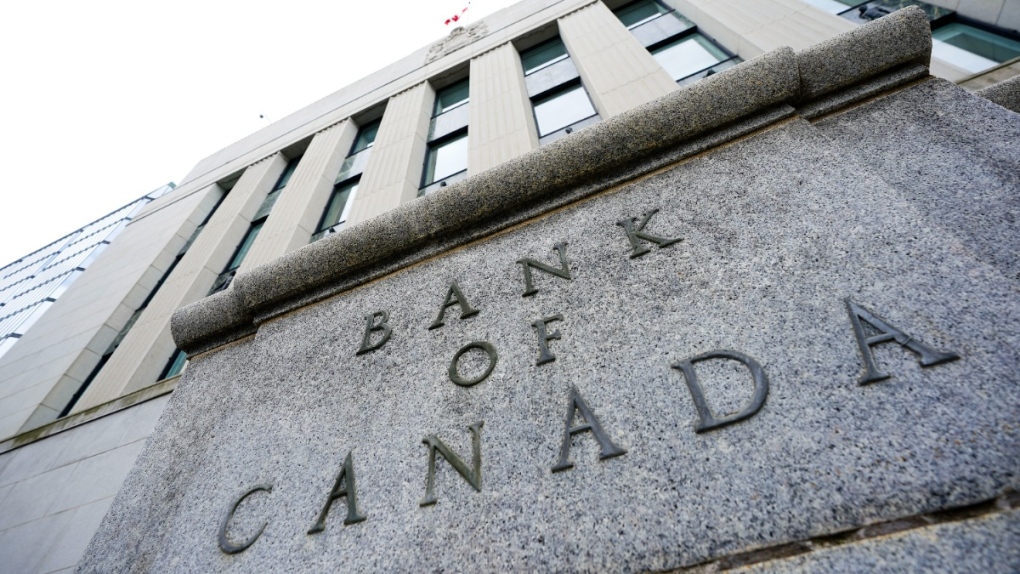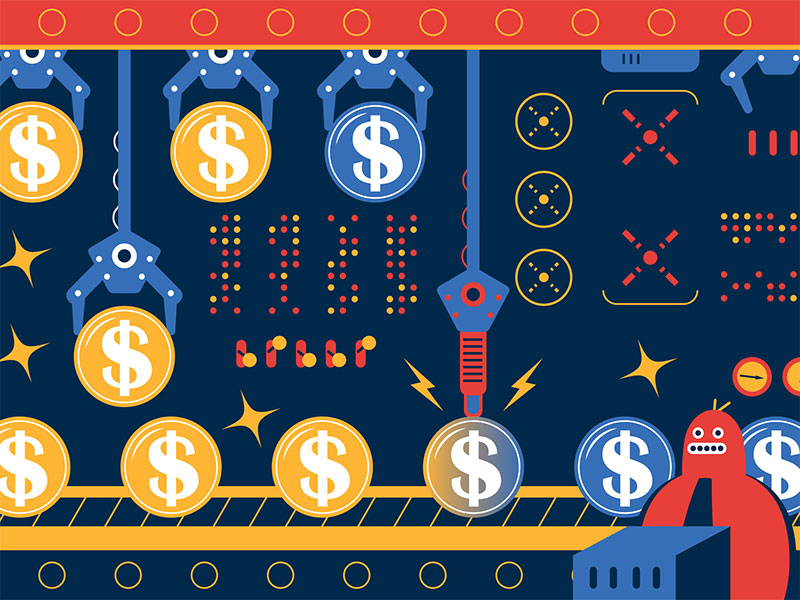News

Gap between Canada’s rich and poor widens at record pace on inflation, higher rates
Want to improve your credit score? Experts explain what you need to know—and do. Many people are at a loss when it comes to understanding how credit scores work. Yet that score can have a huge impact on any credit application they might make. Not only do financial institutions check credit scores; so do employers, landlords, insurance companies, and mobile serve providers. They all want to know who they are dealing with because the higher the score, the less risk they need to take on. Hence, the better the deal they can offer. Here are some credit score basics and tips on how to improve your score.

Expert advice on how to build a stronger credit score
Want to improve your credit score? Experts explain what you need to know—and do. Many people are at a loss when it comes to understanding how credit scores work. Yet that score can have a huge impact on any credit application they might make. Not only do financial institutions check credit scores; so do employers, landlords, insurance companies, and mobile serve providers. They all want to know who they are dealing with because the higher the score, the less risk they need to take on. Hence, the better the deal they can offer. Here are some credit score basics and tips on how to improve your score.

What is a recession? Here’s how a hit to Canada’s economy might impact you
Economists, market watchers, businesses and everyday Canadians are all asking the same question lately as inflation and interest rates take a bite out of household finances: are we headed for a recession? A majority of business owners and consumers are saying yes, according to surveys released this week from the Bank of Canada that show most respondents are reining in their spending ahead of a possible downturn.

Bank of Canada surveys show how Canadians are gearing up for a possible recession
Businesses and consumers alike are trimming their spending plans as higher interest rates bite and a possible recession looms, according to new surveys from the Bank of Canada.The central bank’s fourth-quarter surveys of business and consumer sentiments, published Monday, showed an overall dour outlook for 2023, with the majority of both polled cohorts indicating they expect a recession in the next 12 months.

Consumers can now get charged for using credit cards in Canada. What does this mean?
Credit card companies have always passed on fees, known as interchange fees, to merchants. As part of a class-action settlement earlier this year, merchants now have the option of passing that fee on to consumers who use credit cards. Ashworth spoke about what this transparency means, about the business of credit cards, the lack of competition and more. As always the interview is edited for clarity and brevity.

Investors more selective on Canadian fintech ‘reset’
Last year was record-breaking for investment in the Canadian fintech sector, but things have cooled significantly. After US$1.9 billion in investment during the second half of 2021, the first six months of 2022 saw just $810 million from 85 deals. That was well below the year-ago figure of $5.4 billion from 108 deals, although H1 2021 did include one of the strongest quarters on record. “The market downturn and ensuing lower tech valuations caused investors to hit the ‘pause button’ over the last few months, but with so much investment flowing into fintech last year, we see it as a re-balancing of expectations, or a sector reset if you will,” says Geoff Rush, National Industry Leader for Financial Services at KPMG in Canada.

How Fintech Can Deliver on Its Social Impact Promises
The financial technology (fintech) industry seems to strike investors’ goldilocks dream of doing exceptionally well while creating exceptional good. Based on the promise of positive social impact through financial inclusion, fintech has seen meteoric growth while also capturing more impact-related investment funds than any other industry. In the last year alone, equity funding raised by fintech companies around the world nearly doubled. To date, fintech companies have a collective global market value of $5 trillion and industry growth is expected to be above 23% for the next five years.

Canadian FinTech Continues To Heat Up After A Strong Year In 2021
The second half of 2021 in FinTech continued to see record funding with a total of 77 venture capital-backed deals over 72 companies for a total of $1.7 billion in disclosed funding. This includes all rounds of venture capital-based financing, angel investments and accelerator and incubator investments across FinTech in Canada. When compared to the first half of 2021, we did see a slight drop in financing rounds due to slower periods in October and November of 2021. Despite this, however, 2021 proved to be a record year for FinTech investment in Canada.

Canada’s Hottest FinTech Lending Trends for 2022 Revealed in Latest Research
According to Smarter Loans’ Canada FinTech Lending Study 2022, which gathered the feedback of 2,462 Canadian fintech lending customers, the demand for digitally accessible financial products in Canada continues to grow at a fast pace.

Technology-led innovation in banking
Technology is changing the way financial products and services are accessed and used by Canadians. The innovative financial technologies (FinTech) being introduced by banks and FinTech businesses in Canada are increasing choice and improving convenience for customers.

The pandemic is inspiring Gen Z to build financial resilience
The coronavirus pandemic has tested the limits of Canadians over the past 20 months. What began as a health crisis quickly morphed into an economic crisis, with the spread of COVID-19 shocking large segments of the economy and leaving many without paycheques. While no generation has been unaffected by this disruptive event, the financial impact was distributed unevenly.

Canada’s Banks are Standing by Canadians
To confront the financial dimensions of pandemic, Canada’s banking sector has worked in lockstep with the federal government, the Bank of Canada and regulators to immediately implement a series of relief initiatives, redeploying staff to create tailored support plans for individuals and small businesses to help manage financial uncertainty and help blunt the economic impact of COVID‑19.

Is Canadian FinTech making a comeback?
The Nuvei and Plusgrade buyouts propelled investment in Canada’s FinTech sector to a record high in the first half of the year, according to a new KPMG report. Nuvei announced a whopping $6.3-billion USD exit from the public market in the second quarter, pushing overall investment in the sector to $7.8 billion USD. That surpasses the total deal value raised—$7 billion USD—during the entirety of 2021. Does that mean Canadian FinTech is back? Possibly. Let’s break it down.

Canadians becoming more optimistic about their finances as Bank of Canada cuts rates
Canadians continue to show more green shoots of optimism regarding their financial prospects as the Bank of Canada cuts interest rates, suggests the most recent results of a survey that tracks how they feel about their money situation and the economy.

Bank of Canada drops plans to issue digital currency
The Bank of Canada is ending its work on issuing a digital Canadian dollar four years after the central bank began studying the possibility.
On its website, the Bank of Canada announced Thursday it was “scaling down its work on a retail central bank digital currency.”
The bank explained the decision by saying its research work on the digital Canadian dollar was complete and other payments issues had become more pressing.
